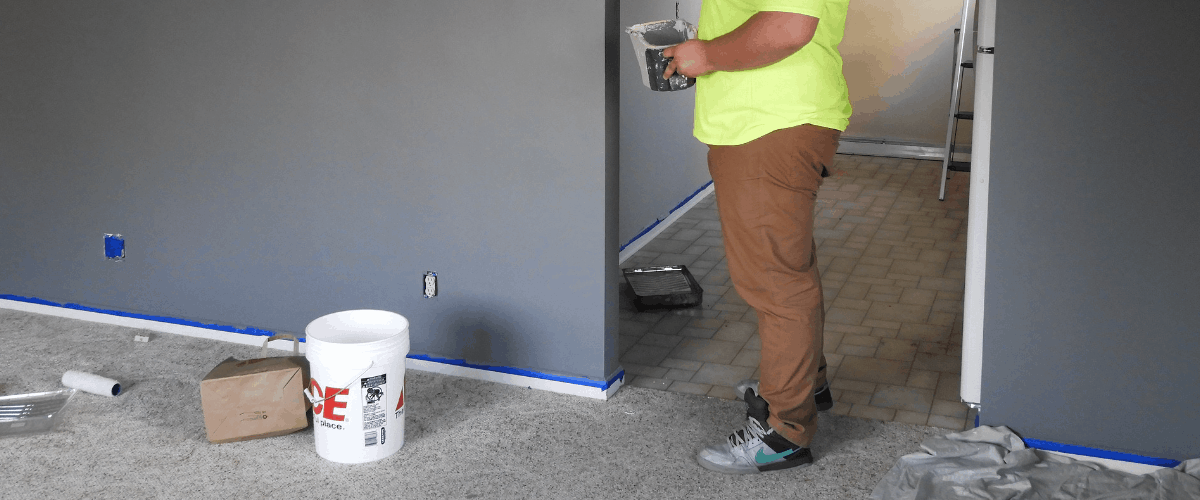Home improvement is an important life skill. With it, you can repair, maintain, and customize your home how you see fit. And by doing it yourself, you can save a fortune on not having to hire contractors. But you don’t always have a green light to go busting down walls and building spare rooms. You might need a building permit.
Permits are government issued permission slips, essentially, that you can perform certain modifications to your home. These are designed to ensure that when changes are made, they follow certain safety guidelines. While some may see this as an intrusion on privacy and freedom, they exist to keep homeowners safe. They take into consideration numerous safety measures and determine what kind of requirements are needed to protect from them. By following a permit, you save yourself of the risk and guesswork regarding you and your family’s long term safety.
What Do I Need A Permit For?
Not all changes to a house require a permit. Generally speaking, only sizable modifications, changes relating to dangerous material (electric, plumbing), and additions/removals need a permit. Repairs to existing structures generally don’t need one.
For example: If I wanted to expand my driveway to be 2 cars wide, I would need a permit. If i wanted to repair my existing driveway, however, I wouldn’t need one.
The permit rules and building codes will vary from state to state, and from city to city, however. So regardless of what we say here, it’s still a good idea to consult your local building codes for what requires a permit. For a frame of reference, let’s look at Ohio. Here are a few instances when you DO need a building permit.
- When building a house
- When building a deck (with a couple exceptions)
- When replacing roofing, windows, siding, or doors
- When building a fence over 6 feet tall
- When expanding on a building
- When expanding on a driveway
- When making changes to electrical, gas, plumbing systems
This is not an exhaustive list, and there are plenty of other times you need a permit. But following that same frame of reference, here’s a few instances of when you DON’T need a permit.
- When repairing driveways, decks, or walkways
- Painting/applying wallpaper to existing walls
- Changing/repairing home appliances (assuming the attaching fixtures already exist)
- Installing/replacing flooring/carpet
- Installing countertops
- Replacing internal doors/doorways
- Minor repairs to electrical/gas/plumbing (without changing the system)
As always, use your best judgement when making changes to your home, especially with things like electrical work. There’s no shame in playing it safe and hiring a professional if you aren’t certain. They’ll handle the permit process and will perform the needed task with far more skill and proficiency than your average person.

